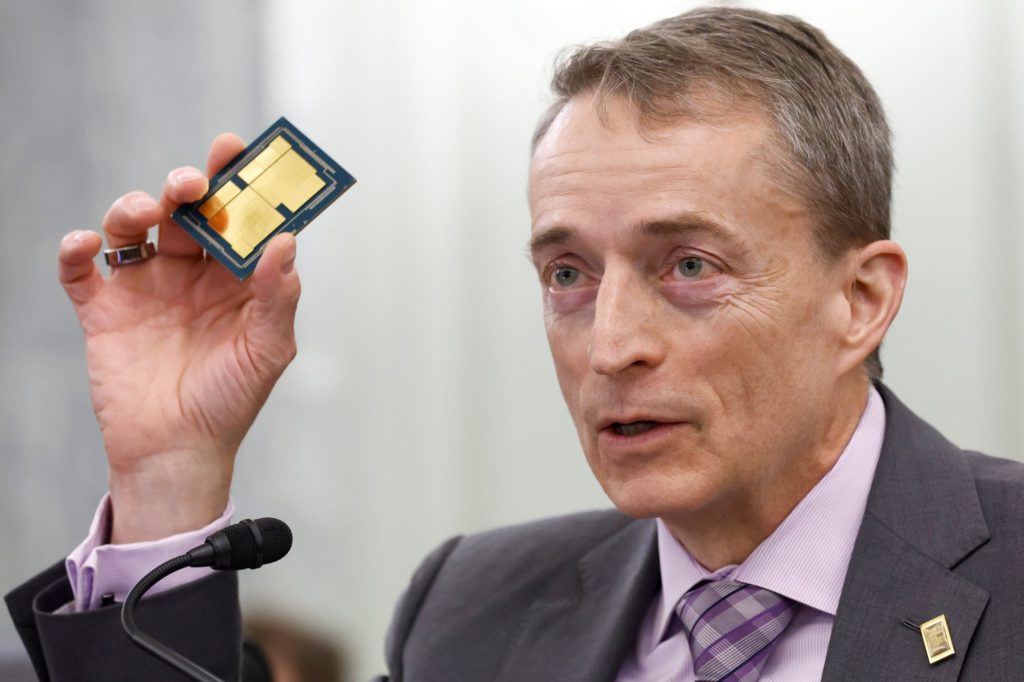(Bloomberg) — Intel Corp. Chief Executive Officer Pat Gelsinger is on the move visiting customers and suppliers in Asia in an attempt to shake up an industry that’s fallen victim to a global pandemic and geopolitical ructions.
Gelsinger is traveling to Japan, Taiwan and India, according to a person familiar with his itinerary.
As part of the trip, he will meet with Taiwan Semiconductor Manufacturing Co., the world’s foremost contract chipmaker that now counts Intel as a client, said the person, who asked not to be named as the plans are not public.
The company isn’t expected to make any significant announcements during the trip.
In addition to TSMC, Intel has other key suppliers in Taiwan and Japan. The company depends on Tokyo Electron for chipmaking equipment, while it relies on Ibiden Co.
and Unimicron Technology Corp. for Ajinomoto build-up film substrates, materials required for the packaging process.
The leader of the Santa Clara, California-based chipmaker has had a busy first year in charge of the company, tasked with turning back a tide of competition that’s weighed on its stock price and earnings.
Gelsinger announced two major chip manufacturing hubs, one in Ohio and another in Germany, in recent months.
He has called for greater investment from North America and Europe to expand chipmaking capacity in their regions and make a supply chain largely concentrated in Asia more resilient.
Pointing to the chip crunch that’s left industries from automaking to smartphones short of crucial components, Gelsinger has urged governments to “not waste this crisis” as it’s a matter of national security as well as good economics.
Intel Urges Aid to Chipmakers: ‘Let’s Not Waste This Crisis’
“Intel CEO Pat Gelsinger and other members of the Intel team will be increasing local engagements with employees, customers, partners, suppliers and other key stakeholders in various regions around the world,” an Intel representative said.
“These engagements are vital as we and others in the industry work together to drive innovation and restore balance and resilience to the global supply chain.”
More stories like this are available on bloomberg.com
©2022 Bloomberg L.P.











